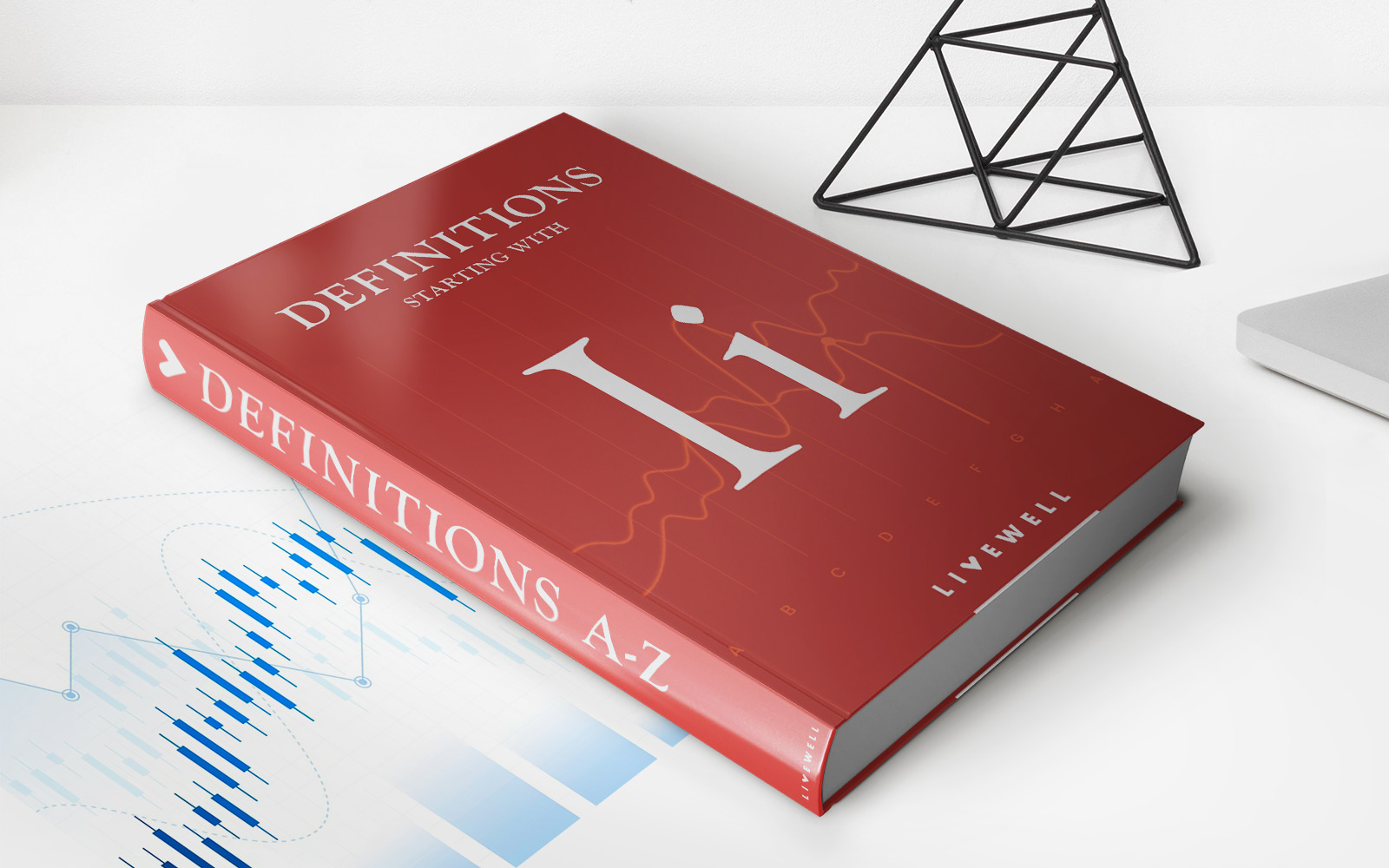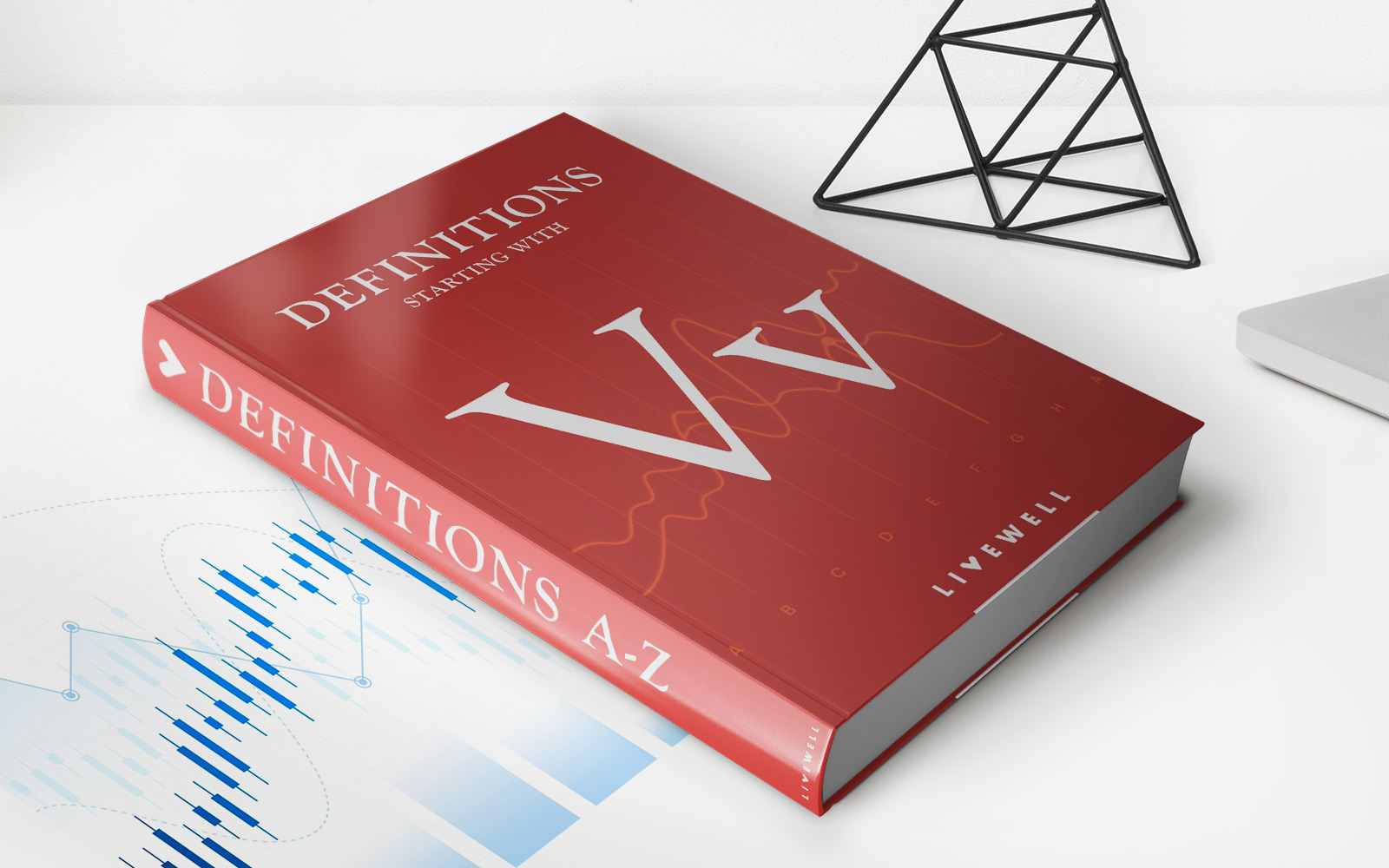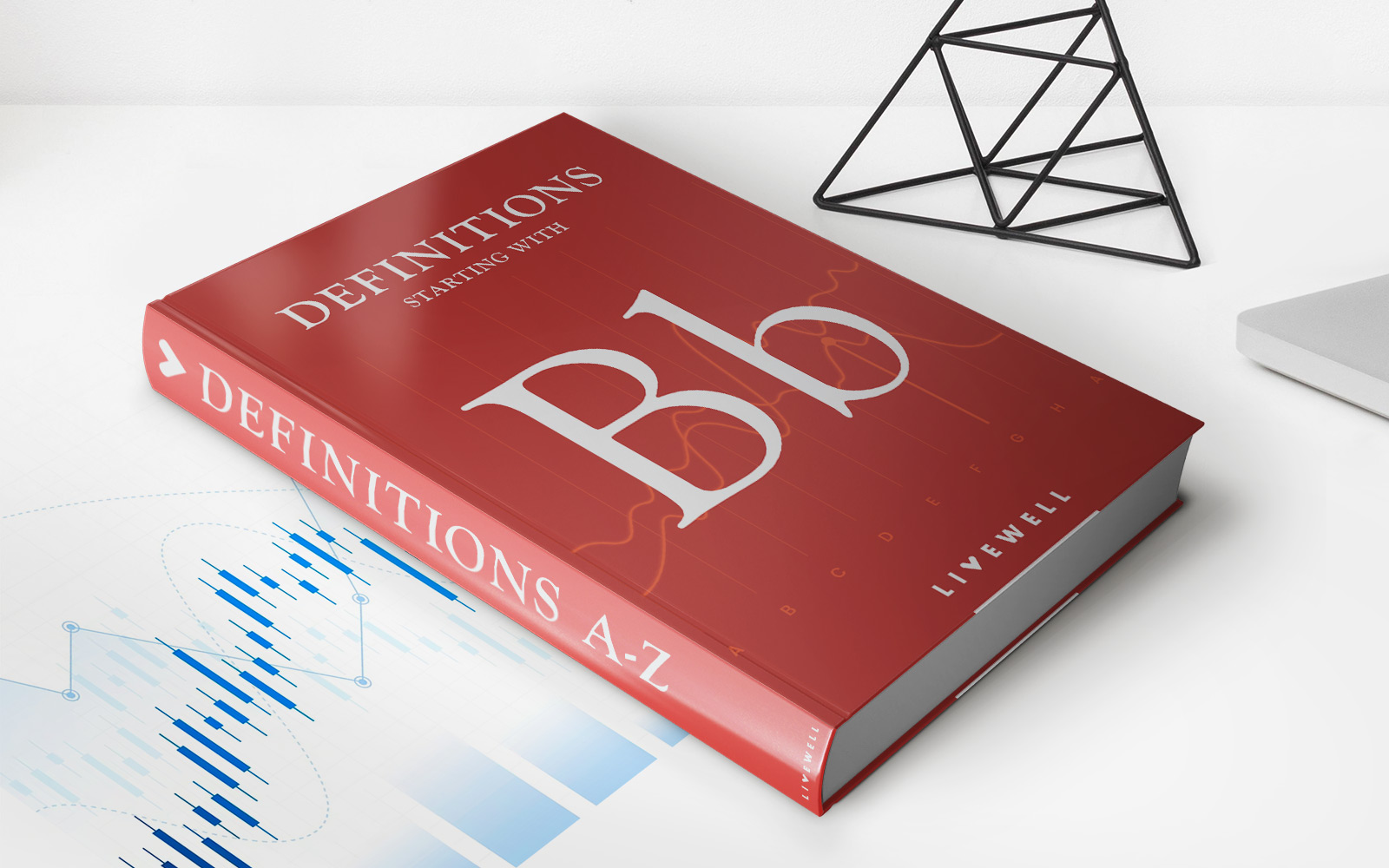

Finance
Ingot Definition
Published: December 9, 2023
Learn the meaning of ingot in finance and how it relates to investments and asset management. Explore the concept of ingot and its significance in the finance industry.
(Many of the links in this article redirect to a specific reviewed product. Your purchase of these products through affiliate links helps to generate commission for LiveWell, at no extra cost. Learn more)
Understanding Ingot Definition: A Comprehensive Guide to Finances
Finance is an integral part of our lives, influencing our decisions and shaping our future. It encompasses a wide range of topics, from budgeting and investing to managing debt and understanding financial terms. In this blog post, we will delve into the concept of ingot definition and its relevance in the realm of finance. So, whether you’re a seasoned investor or a curious individual wanting to expand your financial knowledge, read on to explore the world of ingots and their significance.
Key Takeaways:
- An ingot refers to a solid block of precious metal, typically gold or silver, that has been molded into a standardized shape and weight.
- Traditionally, ingots were used for storage and transportation of wealth, but they also have applications in the modern financial industry.
What is an Ingot?
An ingot is a term commonly used in the context of precious metals like gold and silver. It refers to a solid block of metal that has been molded into a standardized shape and weight. In the past, ingots were extensively used for storage and transportation of wealth, as they ensured the value of the metal in a compact and easily tradable form.
While ingots may bring to mind images of treasure chests and pirate booty, they also hold significance in the modern financial sector. In fact, ingots represent a tangible asset that can be used as a form of investment or a means of diversifying one’s portfolio. They offer investors a way to hold physical precious metals and retain the intrinsic value of the metal itself, apart from any potential market fluctuations.
Applications of Ingots in Finance
Ingots find various applications within the financial industry. Here are a few key areas where they play a significant role:
- Investment: Buying and holding ingots can serve as a form of investment in precious metals. This allows investors to participate in the potential price appreciation of gold or silver while having a physical asset in their possession.
- Diversification: Including ingots in an investment portfolio can provide diversification benefits, mitigating risk by adding an alternative asset class. Precious metals have historically shown low correlation with other investment vehicles, offering a potential hedge against economic instability.
- Storage of Wealth: Similar to their historical use, ingots can be utilized for storing wealth. The compact nature of ingots makes them easy to store securely, allowing individuals to preserve their wealth in a physical, reliable form.
- Numismatic Value: Some ingots possess numismatic value due to their rarity or historical significance. This added value may result in higher prices for collectors or investors interested in specific ingots.
As with any investment, it’s crucial to conduct thorough research and seek guidance from financial professionals before venturing into the world of ingots. Understanding the market dynamics, assessing your financial goals, and considering factors like liquidity and storage costs are essential when deciding to invest in ingots.
Conclusion
In summary, ingots play a significant role in the world of finance, particularly within the realm of precious metals. From their historical use in storing and transporting wealth to their modern applications as investments and wealth preservation tools, ingots hold value for individuals seeking tangible assets with potential price appreciation. By understanding the concept of ingot definition and exploring its various uses, you can navigate the financial landscape with greater knowledge and make informed decisions for your financial well-being.














